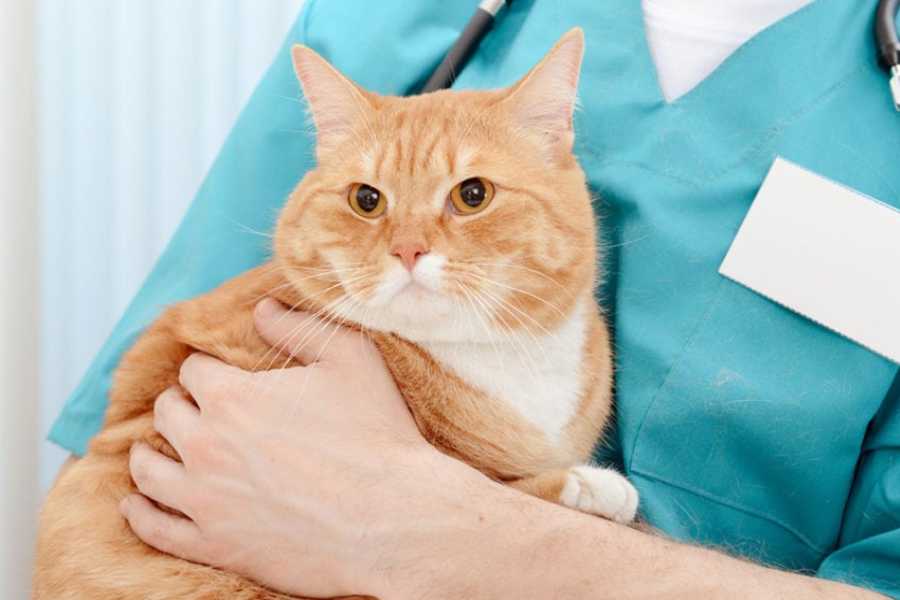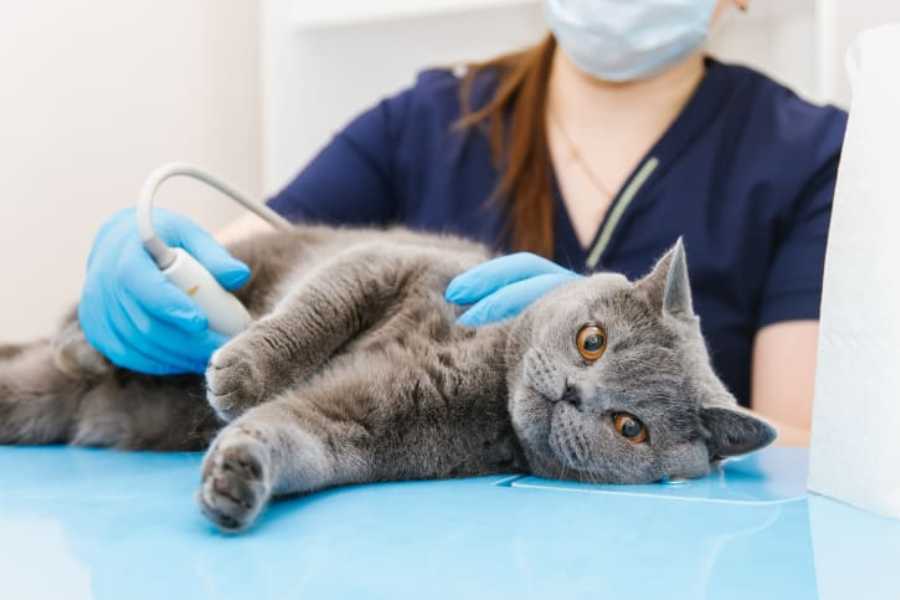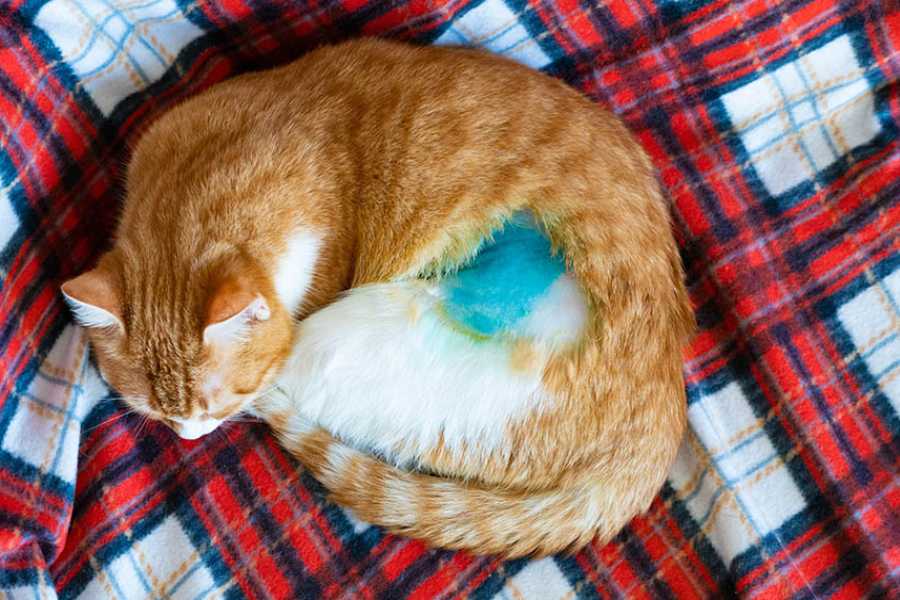Why Should Cats Get Neutered? The Truth About Spaying and Neutering

Why You Should Spay and Neuter Your Cats?
As a cat lover, you want your feline friend to be as healthy as possible, and one of the critical decisions you’ll face is whether to spay or neuter your cat.
Understanding the Unspayed Cat

An unspayed female cat, if not confined, has a high likelihood of getting pregnant, often multiple times a year. Cats as young as six months of age are sexually mature and can have kittens. This rapid reproduction cycle can lead to a significant number of unplanned litters.
Unspayed female cats also exhibit behavioral changes when in heat. They may become extremely affectionate or aggressive, and they will do anything they can to get outside to find a male cat.
Moreover, unspayed cats are at a higher risk for a condition called pyometra, a life-threatening infection of the uterus. They are also at higher risk for uterine or ovarian cancers.
The Unneutered Male Cat

Unneutered male cats, also known as tomcats, have a distinct musk and exhibit certain physical changes, such as larger heads and facial folds for fighting. They are also more likely to roam, fight with other males, and spray urine to mark their territory, which can be problematic if their territory includes your home.
Neutering male cats reduces the incidence of feline asthma and gingivitis, and it also reduces the risks associated with roaming, such as injuries from cars or other animals.
The Benefits of Neutering

Neutering offers several benefits. For female cats, they won’t go into heat and act erratically, and they won’t be at risk for uterine infections and cancer. For male cats, neutering reduces the risk of injuries from fights and accidents.
Moreover, by neutering your cat, you help control feline overpopulation. There are millions of cats in the United States alone, and many of them impact local wildlife negatively.
Addressing Concerns About Neutering

Despite the benefits, some pet owners have concerns about neutering. One common concern is that neutering will make their cat fat. However, weight gain after neutering is often due to feeding too many calories, not the procedure itself.
Another concern is that neutering is dangerous and painful. While any surgical procedure carries risks, spaying and neutering are common surgeries that veterinarians perform regularly. Veterinarians take several precautions, such as pre-anesthetic examinations and blood work, to ensure the safety of the cat.
Some people worry that neutering male cats will predispose them to urinary problems. While there is some debate in the veterinary world about this, it’s generally agreed that waiting until the cat is done growing (around six to seven months of age) before neutering can help prevent this issue.
Lastly, there’s a concern that early neutering can predispose cats to an orthopedic problem called capital physis fracture or slipping. To prevent this, it’s recommended to wait
until the cat is done growing before neutering, typically around six to seven months of age.
Neutering vs. Sterilization

Many people use the terms “neutering” and “sterilization” interchangeably, but there’s a key difference. Neutering involves the removal of the reproductive organs, specifically the testicles in males, and the uterus or ovaries in females.
Sterilization, on the other hand, refers to making the animal infertile, which can be achieved by neutering but also with techniques such as a vasectomy or tubal ligation.
The Optimal Age for Neutering

The optimal age for neutering a cat is before they reach sexual maturity, which is around five to six months for both males and females. However, the timing can vary depending on the time of year. Female cats are seasonally polyestrous, meaning they usually come into heat during the time of greatest sunlight. Therefore, it’s important to consider both the seasonality and age of the cat when planning for neutering.
The Cost of Neutering

The cost of neutering a cat can vary depending on several factors, including the cat’s sex, the complexity of the surgery, and the location. Female cats generally cost more to spay than males cost to neuter due to the complexity of the procedure.
The price may also vary depending on the individual clinic, the experience of the veterinarian, and the cost of overheads.
Before the procedure, the cat will need to undergo pre-operative tests, including a blood test and an electrocardiogram. These tests are sometimes included in the price, but they may cost extra.
The Bottom Line

Neutering is a decision that ultimately lies in your hands as a pet owner. It’s crucial to make an informed decision for the health of your pet. Neutering offers several benefits, such as preventing unwanted litters, reducing the risk of certain health conditions, and helping control feline overpopulation.
However, it’s essential to address any concerns you have with your veterinarian and ensure you’re comfortable with the procedure.
Remember, your cat’s health and well-being are paramount. By making informed decisions, you can ensure they lead a happy, healthy life. we’re here to help you make the best decisions for your pets. Stay tuned for more pet health topics in the future!
Tags
Share
Table Of Contents
Related Posts
Quick Links

